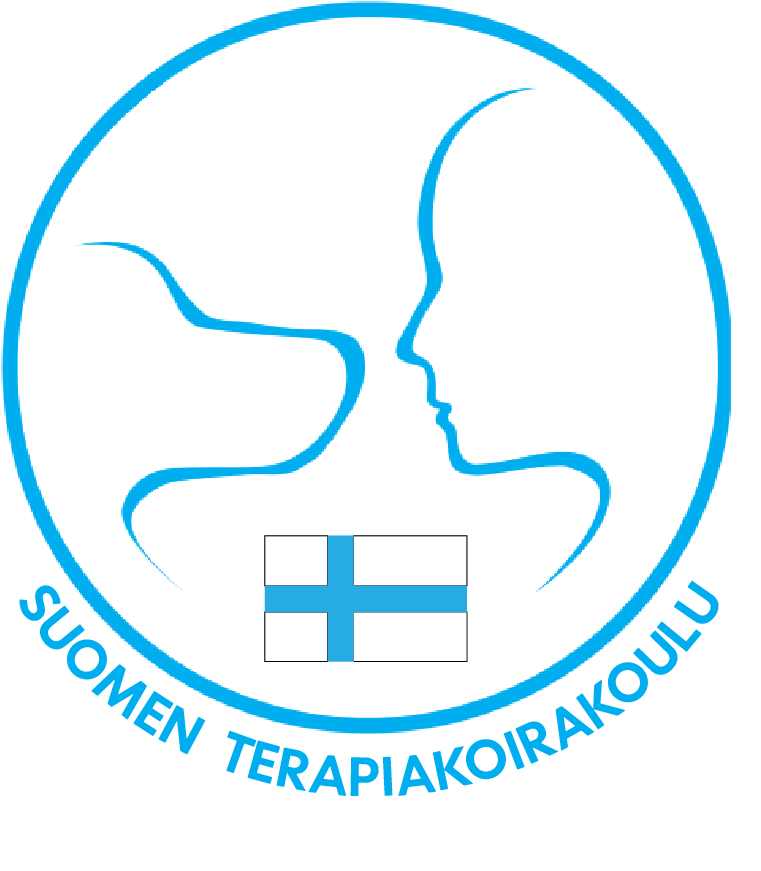Capsular contracture is a common complication that may occur after breast augmentation surgery. It takes place when the scar tissue that usually forms around the implant tightens and compresses it, oftentimes causing the breast to feel hard and distorted. While the majority of cases of capsular contracture occur within the first two years of surgery, it is possible for it to happen years afterward.
Breast implants are not designed to last indefinitely. Over time, they may become damaged, deflate, leak, or rupture, which can cause the body`s immune system to respond and form scar tissue. This process can occur even if the implants have been in place for a long time without any complications. As a result, capsular contracture may manifest years after the initial breast augmentation surgery.
Several factors may increase the likelihood of capsular contracture, including the type of implant used, placement of the implant, surgical technique, and patient factors such as genetics and smoking history. Textured implants, for example, have been linked to a higher incidence of capsular contracture compared to smooth implants. Implants placed over the muscle are also at higher risk for capsular contracture than those placed underneath the muscle.
Prevention of capsular contracture is not always possible. However, there are strategies that can be used to minimize the risk of it happening. Choosing the right type of breast implant, selecting a skilled and experienced plastic surgeon and following postoperative instructions can all help reduce the risk of capsular contracture.
If you experience any symptoms of capsular contracture, such as breast hardness, pain, or distortion, it is essential to seek medical attention immediately. Your doctor will be able to evaluate your condition and recommend the most appropriate treatment, which may include surgical intervention to remove the scar tissue and possibly the implant.
In summary, while capsular contracture typically occurs within the first two years after breast augmentation surgery, it is possible for it to occur years afterward. Understanding the risk factors and taking preventative measures can help reduce the likelihood of this complication. If you experience any symptoms of capsular contracture, seek medical attention promptly to ensure the best possible outcome.
